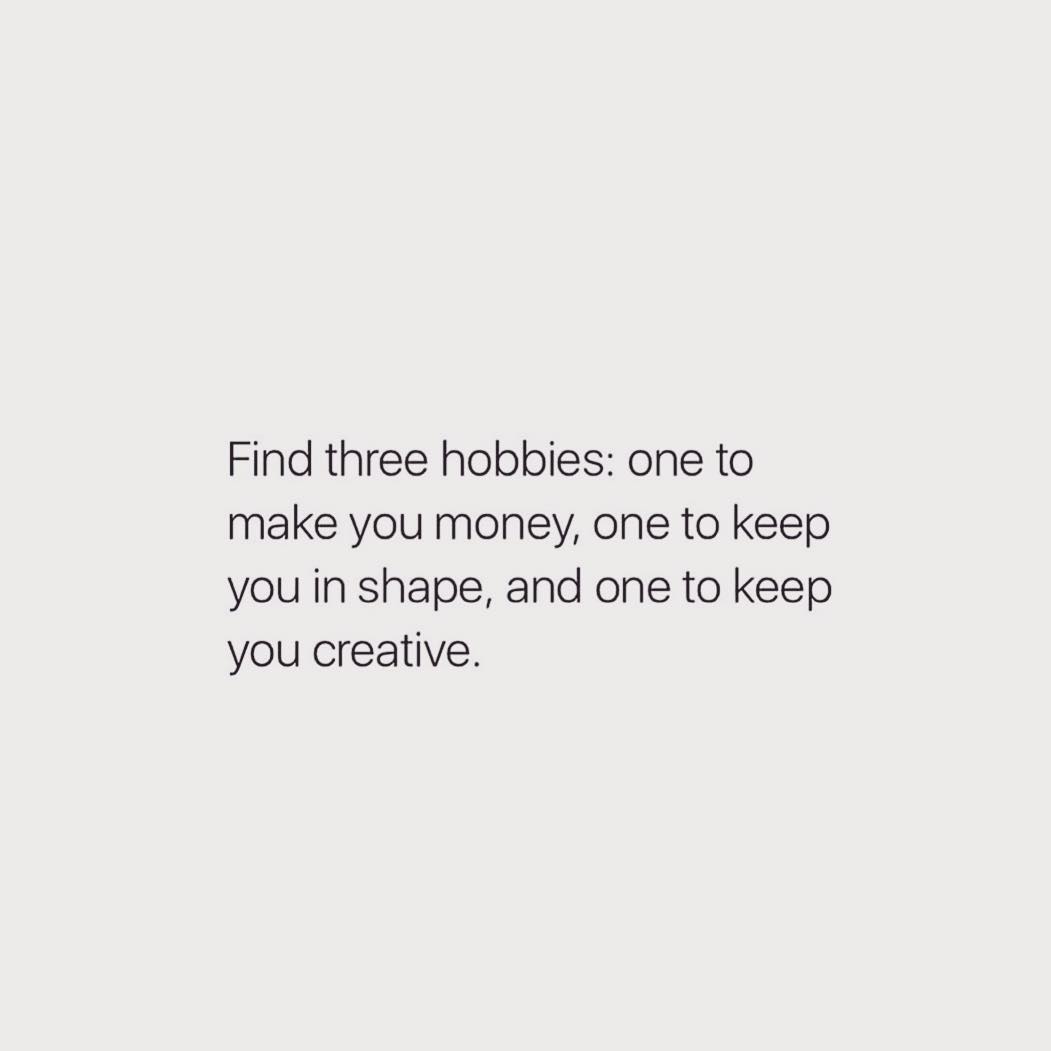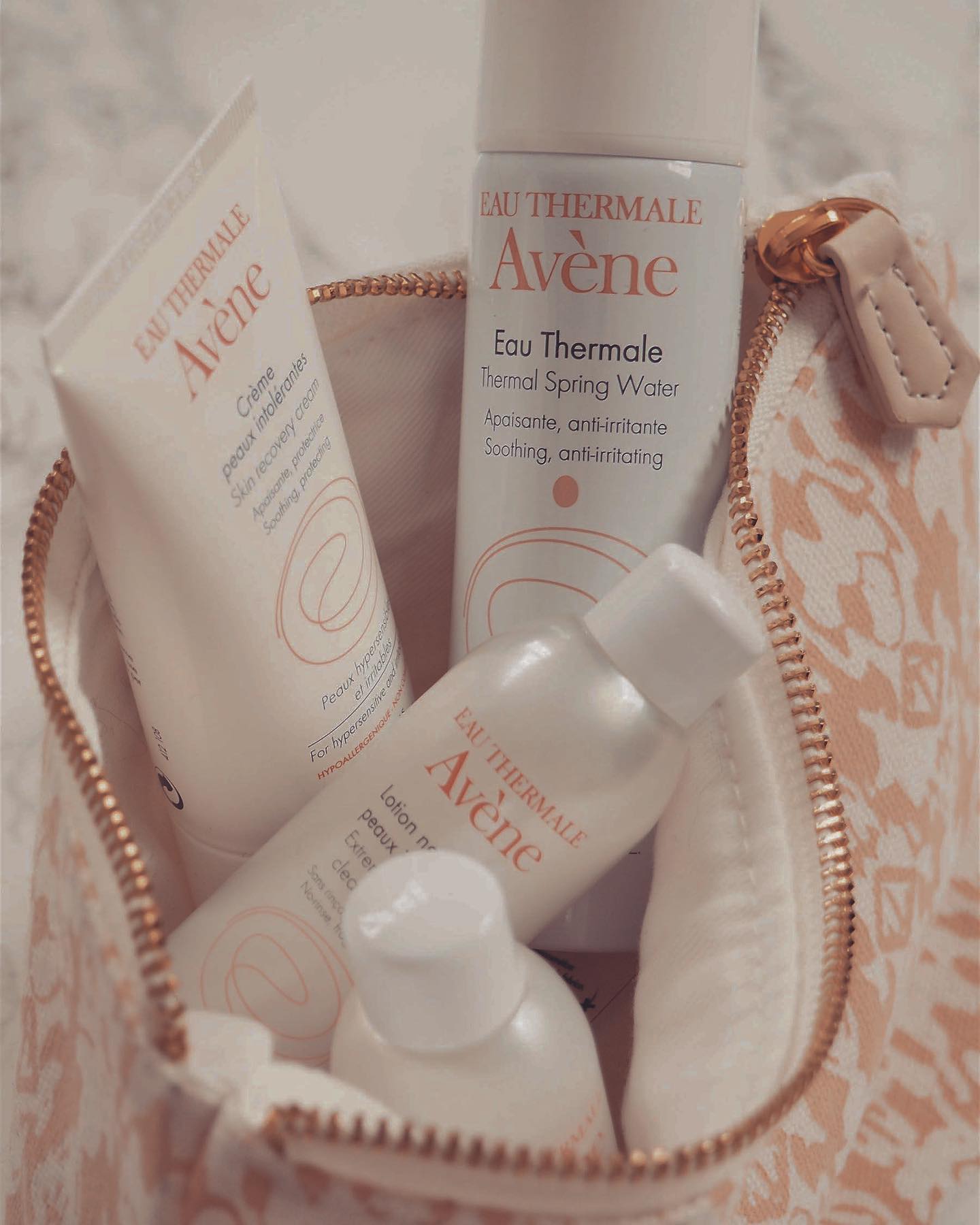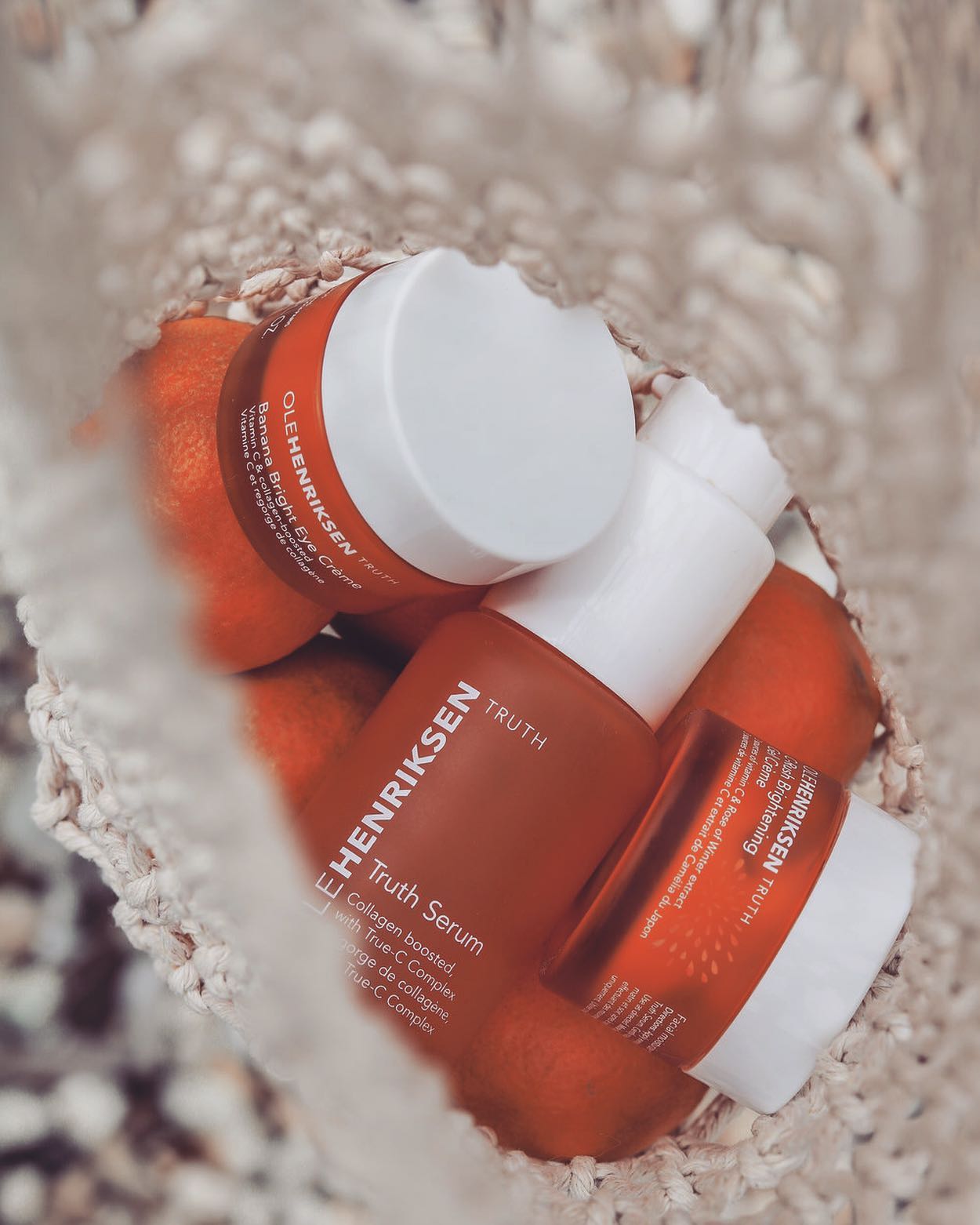I have personal rituals that I turn to when I experience stress, worries, happiness, and thankfulness. These rituals serve different purposes, whether it’s to help me move forward, keep my mind focused, or grow in my business. Here are the practices I recommend incorporating into your daily routine:
I have tiny rituals in my life that help me get through the day, stay in a positive mood, and work towards my goals. Whether it’s making time for a walk or bike ride, reading motivational quotes, meditating, or simply enjoying a quiet moment with a cup of coffee, these rituals improve my mental and physical well-being.
Meditation
Meditation, for me, is an ancient practice that involves concentrated focus on a sound, visualization, breathing, or movement. It’s a powerful tool that helps me take control of my own mind and, consequently, my own life, allowing me to discover more about myself. This practice can be beneficial for anyone, regardless of their religious beliefs or background, and it’s accessible to everyone, anywhere. One of its most significant benefits is its ability to promote happiness by helping to eliminate negative thoughts such as anger, anxiety, depression, insecurity, and fear.
When I meditate, I don’t necessarily associate it with any specific religious tradition; instead, I see it as a way to gain mastery over my thoughts and emotions. Meditation allows me to quiet my mind and find moments of deep relaxation and inner peace. By doing so, I can mitigate the symptoms of stress and anxiety while experiencing various physical benefits, including decreased tension, relief from psychosomatic disorders caused by stress, improved immune function, lower blood pressure, a slowed aging process, and a sense of renewed energy.
To incorporate meditation into your daily routine, here are some simple tips that I’ve found helpful:
- Try to meditate every day, ideally at the same time, to establish a consistent practice.
- Avoid consuming coffee before meditating, as it can interfere with relaxation.
- Choose a time of day when you’re not overly energetic, such as after waking up or before bedtime.
- Create a comfortable meditation space by opening a window for fresh air, dimming the lights, and wearing loose, comfortable clothing.
- Minimize distractions by disconnecting your phone, closing the door, and signaling to others that you don’t wish to be disturbed.
- Cultivate a habit of meditation, as you’ll likely begin to experience its benefits over time, making it increasingly difficult to skip sessions.
By following these simple tips and committing to a regular meditation practice, you can experience the transformative power of this ancient technique and enjoy greater happiness and well-being in your life.
Yoga
Yoga, for me, is the beautiful union between my body, mind, and spirit. It’s a journey of self-discovery and connection with my own being, encompassing elements of balance, proper stretching techniques, breathing exercises, meditation, and centering of the mind and spirit. In essence, it’s an activity that profoundly contributes to both physical fitness and mental peace, creating a holistic sense of well-being.
Engaging in yoga practice regularly strengthens and flexes my body, while also improving the functioning of various bodily systems such as the respiratory, circulatory, digestive, and hormonal systems. Beyond the physical benefits, yoga brings about emotional stability and mental clarity, helping me navigate life’s challenges with greater ease and resilience.
Yoga serves as the ultimate wellness ritual for nurturing my mind, body, and soul. Research suggests that it contributes to weight loss, lower body mass index, enhanced muscular strength, endurance, flexibility, and cardiovascular fitness. Additionally, it reduces cardiovascular risk factors, aids in lowering blood pressure for individuals with hypertension, and fosters a positive body image and mindful eating practices.
While there are numerous styles of yoga, each offering unique benefits and experiences, here are seven types that I find particularly beneficial for nurturing my entire being:
Each style of yoga offers its own unique benefits, catering to different preferences and needs. Whether it’s Hatha, Vinyasa, Ashtanga, or any other style, engaging in yoga practice is sure to bring about profound physical, mental, and spiritual transformations, nurturing my overall well-being and vitality.

Aesthetics
I’m passionate about the intersection of beauty and art—it’s where magic truly happens, and I can’t get enough of it! This realm delves into the very essence of art and the judgments we make about beauty. It’s about understanding what makes us value one thing over another, exploring the depths of what is truly meaningful in life beyond mere survival, and specifically, how art and beauty are defined and appreciated.
Embracing the aesthetic life doesn’t just stimulate my senses—it rejuvenates my body and spirit. Studies show that it can even extend life expectancy by reducing stress hormones like cortisol and adrenaline, while also bolstering our immune systems with infection-fighting antibodies. Those who immerse themselves in beauty and its benefits tend to be more creative and positive, radiating a youthful energy that defies their chronological age.
Engaging with art and beauty isn’t just about admiring pretty things—it’s a transformative experience that enhances our mental well-being. It has the power to relax us, elevate our mood, and infuse our emotions with positivity. When we open our eyes to the splendor of life, people, and the world around us, everything becomes brighter and more beautiful. Beauty, in its essence, is a formidable force—it possesses its own inherent power, and when we’re attuned to it, it can manifest in the most unexpected moments, offering us solace and inspiration when we need it most.
Positivism
Positivity isn’t just a trait we’re born with—it’s something we can actively cultivate in our lives. It involves tweaking our sense of humor, our reactions to situations, and adopting a more pleasant outlook. It’s about acknowledging that others have their own perspectives and treating them with belief and kindness. Even something as simple as smiling when someone says “thank you” can contribute to a positive mindset.
Being positive isn’t about denying negative emotions or avoiding difficult situations. It’s about maintaining an overall optimistic attitude, even when facing challenges. Developing positivity requires desire and effort, but the benefits are profound. As you embody positivity, you’ll notice people begin to trust you more, strangers become friendlier, and you establish connections more easily.
Embracing positivity doesn’t just improve our mental and emotional well-being—it can also have significant physical health benefits. Research suggests that positive individuals tend to live longer, experience lower rates of depression and distress, have better cardiovascular health, and cope more effectively with stress and adversity.
When we train ourselves to find positivity in the small joys and moments that enrich our lives, we create a mindset that leaves little room for negativity. By cultivating positivity, we can enhance the quality of our lives and inspire those around us to do the same.

“When we see life, people and things in all their glory are all bright and beautiful.
Beauty is a force.”
Reading
The importance and benefits of reading are widely acknowledged, yet some still perceive it as a waste of time or uninteresting. However, this mindset couldn’t be further from the truth. Reading serves as a powerful tool for reducing stress, improving relaxation, and promoting overall well-being. When we immerse ourselves in a book, our brains focus on a single task, leading to lower heart and pulse rates, effectively calming our minds.
Beyond its stress-relieving properties, reading exposes us to new ideas, perspectives, and information, broadening our understanding of the world around us. Contrary to the belief that reading is dull or useless, studies have shown that it enhances connectivity in the brain, promoting cognitive function and mental agility.
As we age, memory decline and decreased brain function are common concerns. However, regular reading has been shown to mitigate these effects, slowing the progression of conditions such as Alzheimer’s disease and dementia. By engaging our minds through reading, we not only expand our knowledge but also safeguard our cognitive health in the long run.
So, while some may dismiss reading as a mere pastime, its benefits extend far beyond mere entertainment. It’s a practice that nourishes our minds, enriches our lives, and contributes to our overall well-being, making it an invaluable investment of our time and energy.
Traveling
Research indeed suggests that traveling can have numerous benefits for our health and creativity. Taking time away from our daily routines, work responsibilities, and stressors can rejuvenate our minds and bodies. Whether we choose to travel solo or with friends, it offers an opportunity for personal growth and exploration.
Traveling alone can be a transformative experience, as it pushes us to step out of our comfort zones, test our independence, and allows for introspection and self-discovery. However, there’s something truly special about traveling with friends, especially girlfriends. It adds an extra layer of enjoyment to the journey.
When you have your girlfriends by your side, the travel experience becomes more vibrant and enjoyable. You can share costs, collaborate on itinerary ideas, and have someone to lean on if things don’t go as planned. Even the planning process itself becomes a fun and exciting adventure, filled with phone calls, group emails, and shared anticipation.
Traveling with friends deepens your bond as you create lasting memories and inside jokes together. It provides a sense of safety and support, knowing that you have each other’s backs no matter what. Additionally, sharing packing space and responsibilities can make the practical aspects of travel more manageable and less stressful.
Overall, whether you’re exploring new destinations alone or embarking on adventures with your girlfriends, traveling offers countless opportunities for growth, connection, and unforgettable experiences.
Self-awareness
Self-awareness is the cornerstone of personal growth and fulfillment, encompassing an understanding of our values, personality, needs, habits, emotions, strengths, and weaknesses. It’s about knowing who we are and envisioning the person we aspire to become. With self-awareness, we can effectively motivate ourselves, manage stress, make intuitive decisions, and lead others with empathy and authenticity.
Being self-aware is invaluable because it allows us to recognize our individuality and distinctiveness. Armed with this understanding, we gain the power to effect change, capitalize on our strengths, and identify areas for improvement.
To cultivate self-awareness, there are several strategies we can employ:
- Meditation: This practice promotes introspection and mindfulness, fostering a deeper connection with ourselves and our inner workings.
- Journaling: Writing down our thoughts, plans, and priorities can provide clarity and insight into our values, goals, and areas of focus.
- Psychometric tests: These assessments can offer valuable insights into our personality traits, preferences, and behavioral tendencies, helping us understand ourselves better.
- Seeking input from others: Trusted friends, mentors, and colleagues can offer perspectives and feedback that we may not have considered, aiding in our self-awareness journey.
- Regular feedback: Actively soliciting feedback from peers and supervisors in both personal and professional settings can provide valuable insights into our strengths, weaknesses, and areas for growth.
By incorporating these practices into our lives, we can deepen our self-awareness, paving the way for personal and professional development, enhanced relationships, and greater overall well-being.
Skin Care
Our skin, as the largest organ in our body, plays a crucial role in protecting us from external elements. It serves as a shield against infections and other harmful agents, highlighting the importance of proper skincare for our overall health. By maintaining healthy skin, we reinforce this protective barrier and support our body’s defense mechanisms.
The benefits of adopting a skincare routine are numerous and impactful. Healthy skin is less susceptible to diseases and infections, as it can effectively fend off pathogens and maintain its integrity. Consistent skincare practices can help defy the signs of aging, keeping our skin looking youthful and vibrant beyond our chronological age.
Well-cared-for skin functions optimally, allowing it to regulate temperature, retain moisture, and perform its protective role more effectively. Regular skincare efforts yield visible results, such as improved texture, tone, and overall appearance, enhancing our confidence and self-image. Engaging in skincare rituals can contribute to a sense of well-being and self-care, fostering positive emotions and boosting our mood.
While maintaining healthy skin requires dedication and effort, the rewards are significant. Investing in skincare is an investment in our health, confidence, and overall quality of life. It requires patience and commitment to adhere to a consistent routine, but the transformative effects on our skin and well-being make it all worthwhile.
Learning New Things
Engaging in continuous learning offers tremendous benefits for our brains and overall well-being. Every time we learn something new, our brains form connections between neurons, a process known as “neuroplasticity.” This remarkable ability of the brain to change and adapt throughout life is key to maintaining cognitive function and vitality.
The beauty of learning is that opportunities abound, whether for professional growth or personal enrichment. Whether mastering a new language or mastering the art of making pancakes from scratch, each day presents us with the chance to expand our knowledge and skills.
Moreover, continuous learning is a powerful tool in the fight against dementia and cognitive decline. Just as physical exercise strengthens our bodies, mental exercise helps keep our brains sharp. Anything that challenges us to think in new ways, from solving crossword puzzles to learning a new craft like crochet, contributes to brain health and resilience.
By embracing opportunities for learning and exploration, we not only enrich our lives but also safeguard our cognitive function and overall well-being. So, seize each day as an opportunity to broaden your horizons and nourish your mind—it’s one of the best investments you can make in yourself.
Personal Mindset
Your mindset is the culmination of your knowledge, beliefs, and thoughts about the world and your place in it. It acts as a filter for the information you absorb and the responses you generate, shaping how you perceive and interact with the world around you. In essence, your mindset is the foundation upon which your actions, decisions, and outcomes are built—it is the lens through which you view life.
Your mindset holds immense power, influencing whether you succeed or falter, whether you remember or forget, and whether you remain steadfast in pursuing your goals, dreams, and aspirations. Indeed, your mindset is your greatest asset, dictating the trajectory of your life and the fulfillment of your potential. Therefore, it is crucial to nourish and cultivate a mindset that serves your growth and success.
To develop the right mindset:
- Seek the best information: Surround yourself with knowledge and insights that empower and inspire you, guiding your understanding of the world and your possibilities within it.
- Surround yourself with the best people: Surround yourself with individuals who uplift and support you, fostering an environment conducive to growth and positivity.
- Examine your current beliefs: Reflect on your existing beliefs and question whether they align with your aspirations and values, being open to challenging and evolving your mindset.
- Shape your mindset with vision and goals: Define a clear vision for your future and set actionable goals that align with your aspirations, guiding your mindset towards growth and achievement.
- Find your voice: Cultivate self-awareness and authenticity, embracing your unique perspective and voice as you navigate your journey.
- Protect your mindset: Guard against negative influences and toxic environments that threaten to undermine your positivity and progress, prioritizing your mental well-being.
Remember, when your mindset shifts, everything around you has the potential to change. By nurturing a mindset of growth, resilience, and positivity, you pave the way for transformative experiences and boundless opportunities for success and fulfillment.

Having a Mentor
Having a mentor and role model can profoundly impact various aspects of life, not limited to professional endeavors but also extending to personal growth and development. While receiving advice and guidance is valuable, observing someone’s actions firsthand adds depth and clarity to their words, making mentorship an indispensable component of one’s journey towards self-improvement.
Whether the goal is to acquire new skills rapidly or navigate through the intricacies of a job interview successfully, a mentor can significantly expedite the learning process with minimal investment of time and energy. By leveraging the experiences and insights of a mentor, individuals can sidestep common pitfalls and hurdles, enabling them to progress more efficiently towards their objectives.
At its core, mentorship is a collaborative process wherein a more knowledgeable and experienced individual actively assists someone less experienced in achieving their goals. A good mentor goes beyond merely offering advice; they serve as a source of inspiration, encouragement, and support. They create a safe and nurturing environment where individuals can explore, experiment, and grow without fear of judgment.
One of the key benefits of having a mentor is their ability to provide honest and constructive feedback. By offering insights and perspectives from their own experiences, mentors help individuals identify areas for improvement and refine their skills and behaviors. Additionally, mentors play a crucial role in motivating and inspiring their mentees, instilling confidence and belief in their abilities.


























